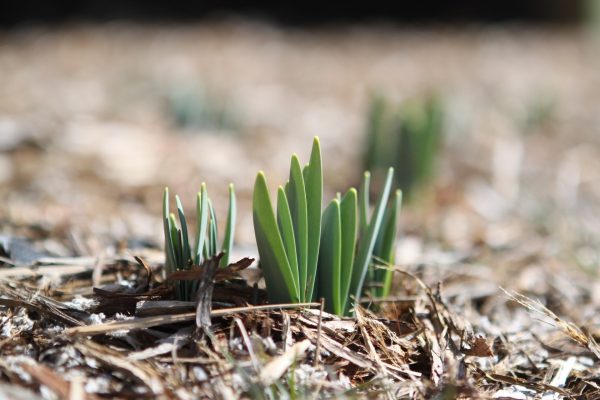Note: “Modeh Ani” is a morning prayer traditionally used to express gratitude. This prayer, or simply the phrase “modeh ani” (“modah ani” for the feminine, “modet ani” for gender neutral) can be used upon first waking up, in a moment of contemplation during the day, or when completing morning prayers. We recommend trying it out in the morning – what does it feel like to express gratitude for yourself, for life, for the body and the soul, upon first waking up?
The complete line is:
Modeh ani lefanekha ruakh hai vekayam shehekhezarta bi nishmati bekhemlah Rabbah emunatekha.
מוֹדֶה אֲנִי לְפָנֶיךָ, מֶלֶךְ חַי וְקַיָּם, שֶׁהֶחֱזַרְתָּ בִּי נִשְׁמָתִי בְּחֶמְלָה , רַבָּה אֱמוּנָתֵך
“I give thanks before you, Sovereign who lives and who endures, because you have renewed my breath of life, with providential kindness. How abundant is your faithful care!”
Lyrics:
Modeh ani lefanekha
Modah ani lefanekha
Thankful am I, before you.
Modeh Ani (x12)
And if you would like to address the divine in feminine, you would sing:
Modah Ani (x6)
 Rabbi Vivie Mayer directs and teaches in the Mekhinah program at RRC. She also serves as director of the Bet Midrash. She lived in Israel for seven years—in Beth Shemesh, teaching ESL in middle and high schools, and on a kibbutz, working and teaching Jewish studies to adults. She served as rabbi of Congregation B’nai Israel in Danbury, CT, for 10 years. During that time she also served as a chaplain for Jewish women at the Federal Correctional Institution in Danbury. For seven years she was an active member of the Reconstructionist Rabbinical Association board and executive board. She is a graduate of Queens College of the City University of New York. She graduated with a rabbinical degree from RRC in 1996. Mayer has an article in The Women’s Haftarah Commentary (Jewish Lights Publishing, 2004). Her congregation in Danbury published a collection of her sermons and articles and a CD of her original music.
Rabbi Vivie Mayer directs and teaches in the Mekhinah program at RRC. She also serves as director of the Bet Midrash. She lived in Israel for seven years—in Beth Shemesh, teaching ESL in middle and high schools, and on a kibbutz, working and teaching Jewish studies to adults. She served as rabbi of Congregation B’nai Israel in Danbury, CT, for 10 years. During that time she also served as a chaplain for Jewish women at the Federal Correctional Institution in Danbury. For seven years she was an active member of the Reconstructionist Rabbinical Association board and executive board. She is a graduate of Queens College of the City University of New York. She graduated with a rabbinical degree from RRC in 1996. Mayer has an article in The Women’s Haftarah Commentary (Jewish Lights Publishing, 2004). Her congregation in Danbury published a collection of her sermons and articles and a CD of her original music.











